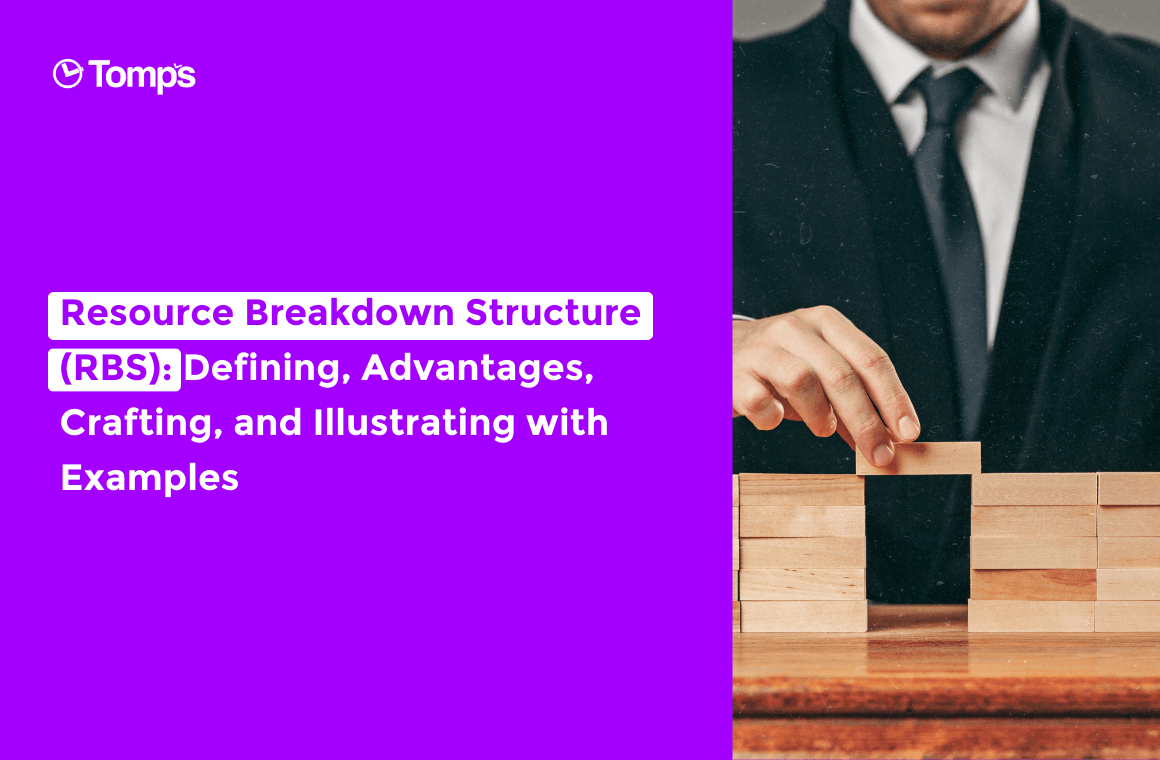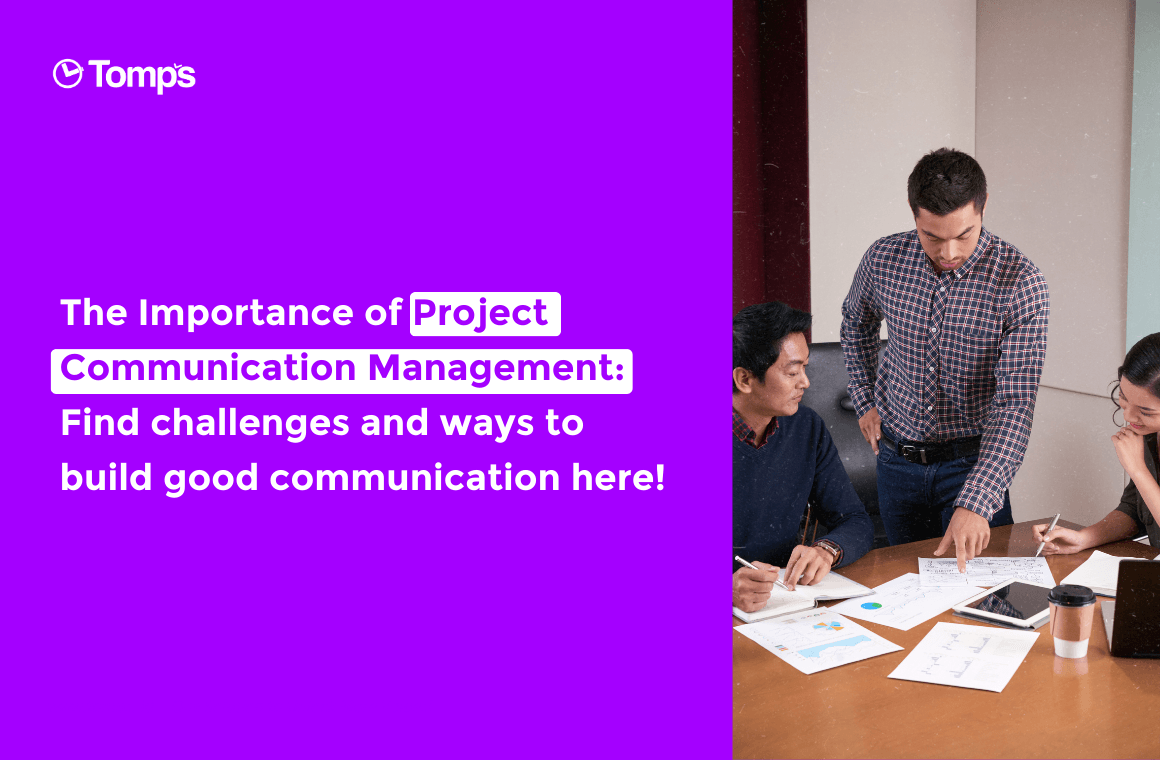In the dynamic landscape of project management, organizations increasingly turn to a structured and strategic approach to ensure the successful delivery of projects. At the heart of this approach lies the Project Management Office (PMO), a centralized hub that plays a pivotal role in steering projects towards success. This article explores the intricacies of PMO job descriptions, shedding light on the key responsibilities, skills, and qualities that define individuals thriving in this crucial organizational role.
Introduction to Project Management Office (PMO) Before delving into the specifics of PMO job descriptions, it's essential to understand the fundamental role that a Project Management Office plays within an organization. Quoted from the techtarget.com article, A project management office (PMO) is a group, agency or department that defines and maintains the standards of project management for a company. The PMO retains the documentation and metrics for executing projects and is tasked with ensuring projects are delivered on time and within budget. The PMO serves as the nerve center for project-related activities, providing governance, standardization, and oversight to ensure alignment with organizational goals. It acts as a catalyst for efficiency, transparency, and effective decision-making throughout the project lifecycle. A PMO's primary purpose is to reap the benefits of standardizing and adhering to project management processes, policies, and methods. PMOs are sometimes located outside of a firm. To be most effective, PMOs should embody the organization's culture and goals, whether they are internal or outsourced. The popularity of the office has grown as more organizations employing PMOs have seen a return on investment. According to the Project Management Institute (PMI), over seven out of ten firms worldwide have a PMO.
What's the difference between a PMO and a project manager? Based on article source from wrike.com, A project manager and a Project Management Office (PMO) may share functional similarities, but they serve distinct roles within an organization. A project manager is an individual responsible for overseeing the entire lifecycle of a specific project, from initiation to completion. This encompasses tasks such as establishing project objectives, collecting relevant data, creating task schedules, and managing the project's costs, budgets, and resources. Essentially, the project manager is a hands-on leader ensuring the success of a singular project. In contrast, the PMO operates at an organizational level with a broader scope and implementation strategy. It constitutes a collaborative team of specialists spanning IT, planning, finance, risk management, and resource allocation. Their collective effort is dedicated to ensuring the timely and high-quality completion of all organizational initiatives. The PMO achieves this by delineating project objectives and formulating comprehensive procedures, workflows, techniques, resource constraints, and project scopes. In essence, the PMO serves as a multidisciplinary task force working synergistically to optimize organizational processes and facilitate the achievement of overarching goals. While a project manager focuses on the meticulous management of individual projects, the PMO takes a holistic approach, coordinating diverse expertise to streamline and standardize project management practices across the entire organization. The PMO's role goes beyond singular project oversight; it involves strategic planning, risk management, and resource optimization on an organizational scale.
PMO Job Description Overview
Leadership and Strategic Oversight At the core of PMO responsibilities is the need for strong leadership and strategic oversight. Individuals in PMO roles are expected to define, implement, and maintain project management standards and practices. This involves developing and communicating a clear project management strategy aligned with the organization's objectives.
Project Portfolio Management PMO professionals are entrusted with managing the organization's project portfolio. This includes overseeing the selection, prioritization, and execution of projects to ensure optimal resource utilization and alignment with strategic objectives. The PMO acts as a gatekeeper, ensuring that projects contribute to the organization's overall success.
Governance and Compliance Maintaining governance and compliance with industry standards and organizational policies is a critical aspect of PMO responsibilities. PMO professionals are often tasked with creating and enforcing project management methodologies, ensuring that projects adhere to established processes and regulatory requirements.
Resource Management Efficient allocation and utilization of resources are imperative for project success. PMO professionals are responsible for resource management, ensuring that teams have the necessary skills and capacities to meet project demands. This involves strategic workforce planning, talent acquisition, and fostering a culture of continuous improvement.
Risk Management Identifying, assessing, and mitigating risks is a key function of the PMO. Professionals in these roles develop risk management frameworks, monitor potential risks, and implement strategies to minimize their impact on project outcomes. This requires a proactive approach to problem-solving and a keen understanding of the project landscape.
Reporting and Communication Effective communication is a cornerstone of successful project management. PMO professionals are responsible for generating and disseminating relevant project information to stakeholders at various levels. This includes the preparation of comprehensive reports, dashboards, and presentations that provide insights into project progress, challenges, and outcomes.
Key Skills and Qualities for PMO Professionals
Leadership and Decision-Making PMO professionals need strong leadership skills to guide teams and make informed decisions. They must possess the ability to inspire confidence, foster collaboration, and navigate challenges with resilience.
Analytical and Strategic Thinking Analytical and strategic thinking are crucial for PMO roles. Professionals must be adept at analyzing complex data, identifying trends, and making strategic decisions that align with organizational objectives.
Communication and Stakeholder Management Effective communication is paramount for PMO success. Professionals in these roles must excel in both written and verbal communication, tailoring their messages to diverse audiences. Additionally, adept stakeholder management ensures alignment and support from key individuals and groups.
Adaptability and Flexibility The project management landscape is ever-evolving, requiring PMO professionals to be adaptable and flexible. They should embrace change, demonstrate resilience in the face of challenges, and continuously seek opportunities for improvement.
Technical Proficiency A solid understanding of project management methodologies, tools, and software is essential for PMO professionals. Proficiency in industry-standard project management tools enhances efficiency and effectiveness in overseeing projects.
Conflict Resolution and Negotiation In a dynamic project environment, conflicts are inevitable. PMO professionals must be skilled in conflict resolution and negotiation, fostering a collaborative atmosphere that encourages the resolution of disputes in a constructive manner.
Emerging Trends in PMO Job Descriptions
As the project management landscape evolves, so do the expectations for PMO professionals. Several emerging trends are influencing PMO job descriptions:
Agile and Hybrid Methodologies The adoption of Agile and hybrid project management methodologies is reshaping the expectations for PMO professionals. The ability to navigate and support Agile practices is increasingly becoming a sought-after skill.
Digital Transformation Expertise As organizations embrace digital transformation, PMO professionals are expected to have expertise in leveraging technology to enhance project outcomes. This includes proficiency in project management software, data analytics, and other digital tools.
Focus on Strategic Value PMOs are transitioning from being perceived as administrative entities to strategic partners. Job descriptions now emphasize the PMO's role in delivering strategic value, aligning projects with organizational goals, and driving innovation.
Emphasis on Emotional Intelligence The importance of emotional intelligence in project management cannot be overstated. PMO professionals are now expected to possess strong emotional intelligence, enabling them to navigate complex interpersonal dynamics and build positive team cultures.
Conclusion In conclusion, the role of Project Management Office (PMO) professionals is multifaceted and crucial to an organization's success in managing projects. The evolving landscape of project management demands that individuals in PMO roles possess a diverse skill set, including leadership, strategic thinking, communication, and adaptability. As organizations continue to recognize the strategic importance of effective project management, the demand for skilled PMO professionals is likely to grow. Those aspiring to excel in PMO roles should not only focus on mastering the traditional aspects of project management but also stay abreast of emerging trends and technologies shaping the future of project management. Ultimately, a well-defined PMO job description serves as a roadmap for success, guiding individuals in these roles to navigate the complexities of project management and contribute to the achievement of organizational objectives. As we navigate the intricate landscape of project management, it becomes evident that the success of organizational initiatives hinges on the expertise of Project Management Office (PMO) professionals. To embark on this journey of excellence, consider leveraging the power of Tomps Project. With its advanced features and user-friendly interface, Tomps Project is not just a tool, it is your partner in reaching PMO excellence. Use tomps project now and get more info at www.tomps.id!
Reference Esther Shein. Definition PMO (Project Management Office). techtarget.com. https://www.techtarget.com/searchcio/definition/Project-Management-Office Wrike Team. (2022). What Is a PMO? (Guide & Infographic). wrike.com. https://www.wrike.com/blog/what-is-a-pmo-infographic/#:~:text=What%20is%20the%20difference%20between,work%20at%20an%20organizational%20level.







